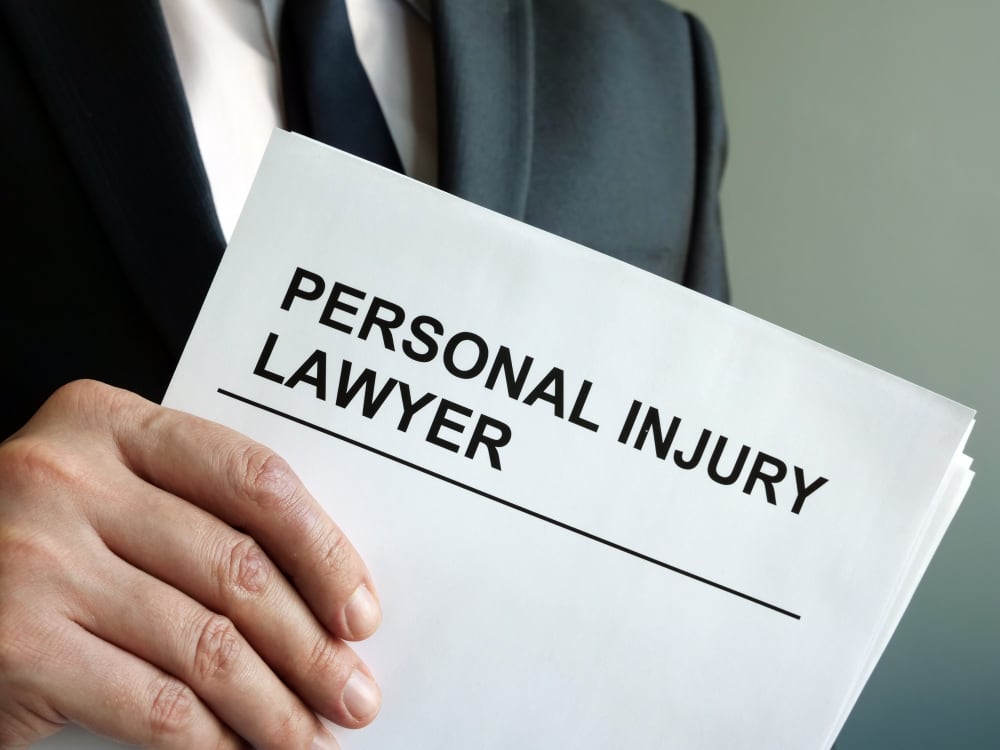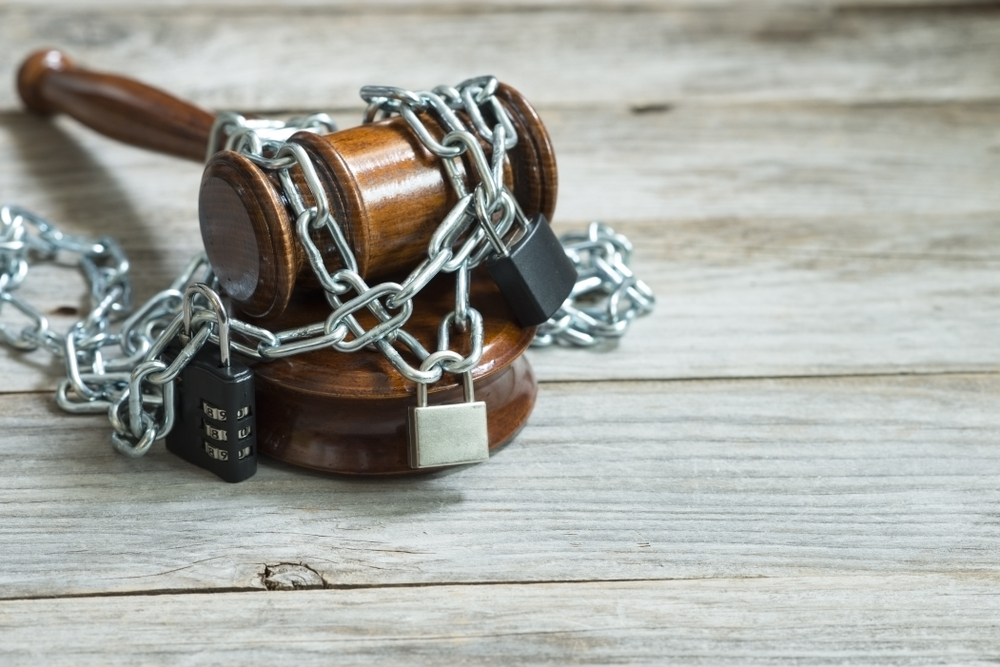Can I Sue My Employer?

Taking legal action against your employer is a serious consideration that hinges on specific circumstances where your rights as an employee may have been violated in the state of New York. You have the right to work in an environment free from discrimination, harassment, and unsafe conditions. If you believe your employer has breached New York state or federal employment laws, such as engaging in discriminatory practices, wrongful termination, not paying due wages, or not acknowledging contractual obligations, you might have grounds to sue.
Before initiating a lawsuit in New York, it’s crucial to document all events that you believe are unjust or illegal, as detailed records strengthen your case. It is also advisable to understand the legal remedies available and the process involved. This may include filing a complaint with the appropriate government agency, such as the Equal Employment Opportunity Commission (EEOC), which enforces federal antidiscrimination laws. After an investigation, they may provide you with a Notice of Right to Sue, which enables you to file a lawsuit in a federal court.
Suing an employer can involve complex legal procedures, and potential plaintiffs should consider seeking legal advice from an esteemed New York lawyer. An attorney specializing in labor and employment law in this state can offer guidance on the merits of your case, help navigate the legal system, and represent your interests in court. Also, be aware of the time limits for filing a claim, known as statutes of limitations, which vary by state and type of claim, as failing to take action within the deadline can result in losing the right to sue. In New York, the deadlines vary for the statute of limitations depending on different circumstances. For example, certain OSHA claims must be filed within 180 days while discrimination claims need to be filed within 300 days. It is best to contact a NYC personal injury lawyer as soon as possible to get your lawsuit filed on time.
Legal Grounds for Suing an Employer in New York
When considering legal action against an employer in the state of New York, you should be aware of specific grounds upon which a lawsuit may be based. These grounds must align with federal or state laws protecting employee rights.
Wrongful Termination
In New York, your employment is typically “at will,” meaning you or your employer can end the relationship at any time. However, you cannot be legally terminated for reasons that are:
- Protected by law (e.g., race, religion, gender).
- In violation of a written employment contract or public policy.
Workplace Discrimination
You are protected under both federal and state laws if you have undergone workplace discrimination in New York. Discrimination occurs when you’re treated unfavorably due to certain protected characteristics, including but not limited to:
- Race
- Gender
- Religion
- Disability
- Age (if 40 or older)
Harassment in the Workplace
Harassment, a form of discrimination, is unlawful when enduring it becomes a condition of continued employment, or the conduct is severe or pervasive enough to create a work environment that a reasonable person would consider intimidating, hostile, or abusive. Harassment can include:
- Unwanted jokes, comments, or physical conduct.
- Sexual harassment.
- Bullying based on protected characteristics.
Retaliation and Whistleblower Protection
It is illegal for your employer to retaliate against you for engaging in legally protected activities. This includes filing a complaint or participating in an investigation related to discrimination or other employment-related violations. Under New York law, you also have whistleblower protections if you report:
- Legal violations or noncompliance.
- Unsafe work conditions.
Understanding The Legal Process in New York
The legal process of suing your employer in the state of New York involves several steps that require informed decisions and precise actions. The complexity of employment law makes it crucial for you to understand the stages from consultation to potential settlement.
Consultation With an Attorney
Your journey starts with consulting an employment attorney. An attorney can assess your case against your employer, including the viability of a lawsuit under New York’s specific regulations. They’ll guide you on whether you have grounds compatible with New York law, such as discrimination or wrongful termination. You should prepare documents and evidence related to your employment before this meeting.
Filing a Lawsuit
Next is the filing of the lawsuit. Your attorney will draft a complaint outlining your claims and file it in the appropriate court. In New York, the statute of limitations could affect your filing deadline, so timely action is key. The complaint will be served to your employer, who will have a chance to respond.
Litigation and Settlement Options
During litigation, both parties exchange information through a process called discovery. You may attend hearings and, if your case doesn’t settle, eventually a trial. In New York, as elsewhere, most employment disputes are settled outside of court. Settlement negotiations can happen at any stage, and your Long Island personal injury lawyer will negotiate on your behalf to reach a resolution that’s in your best interest. Contact us for more information on your legal options.



